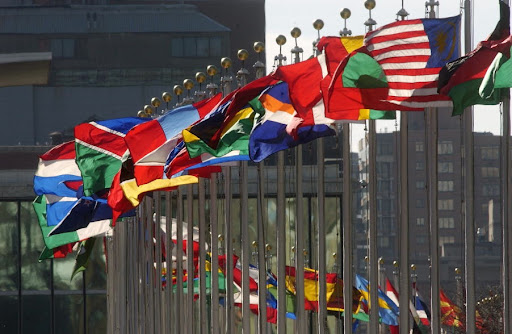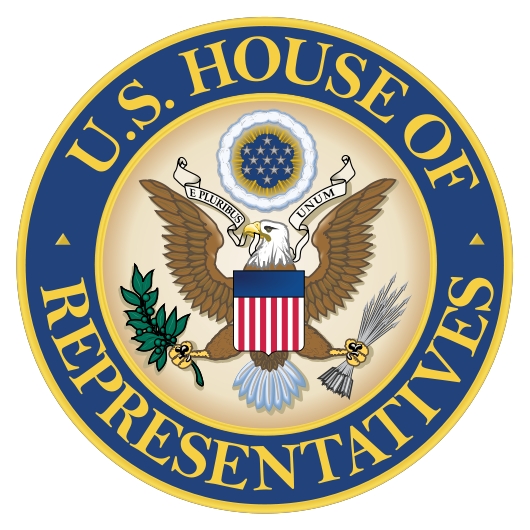This past Wednesday, February 9th, U.S. House Republicans lost a floor vote over a plan to demand repayments from the United Nations.
 The bill, entitled United Nations Tax Equalization Refund Act of 2011, was referred to the Committee on Foreign Affairs and introduced to secure the return to the United States the $179 million overpaid into the United Nations Tax Equalization Fund as of December 31, 2009. The measure is the latest effort by the GOP to demonstrate just how serious they are about cutting back U.S. funding for the United Nations.
The bill, entitled United Nations Tax Equalization Refund Act of 2011, was referred to the Committee on Foreign Affairs and introduced to secure the return to the United States the $179 million overpaid into the United Nations Tax Equalization Fund as of December 31, 2009. The measure is the latest effort by the GOP to demonstrate just how serious they are about cutting back U.S. funding for the United Nations.
The bill failed in the House of Representatives by a margin of 26 votes, falling well short of the two-thirds majority needed to pass the measure. 236 Republicans and 23 Democrats voted in favor of the bill (259 total yes votes), and 167 Democrats and 2 Republicans voted against it (169 total no votes). 6 members abstained from voting.
According to the bill, approximately $180 million in U.S. taxpayer funds overpaid to the United Nations remain in the hands of the United Nations because the U.S. has not requested the return of those funds. The funds were paid into the United Nations Tax Equalization Fund (TEF), which is used to reimburse United Nations staff members subject to U.S. income taxes for the cost of those taxes. The bill sought the return of these U.S. over-payments into the UN Tax Equalization Fund.
House Republicans believe that allowing the United Nations to regularly overcharge the U.S. and to retain those over-payments is a disservice to American taxpayers and a subversion of the Congressional budget process.  However, according to the opposition, the bill would have prevented vital and much needed security upgrades around the United Nations building in New York. When asked about the money being spent on security upgrades at the United Nations, the UN Spokesperson for the Secretary General, Martin Nesirky, reiterated that the money in the Tax Equalization Fund is U.S. money, and the U.S. Government decides where it goes, in consultation with the United Nations.
However, according to the opposition, the bill would have prevented vital and much needed security upgrades around the United Nations building in New York. When asked about the money being spent on security upgrades at the United Nations, the UN Spokesperson for the Secretary General, Martin Nesirky, reiterated that the money in the Tax Equalization Fund is U.S. money, and the U.S. Government decides where it goes, in consultation with the United Nations.
In addition to being indispensable to the U.S.’s security, the United Nations also offers U.S. taxpayers beneficial economic and financial values. United Nations Ambassador Susan Rice made the case for this by mentioning that out of every tax dollar an American pays, 34 cents goes to Social Security and Medicare, 22 cents to national security and the U.S. military, and a nickel to paying interest on the national debt. Just one-tenth of a single penny goes to pay United Nations dues. “Main Street America needs the United Nations, and so do you and I, especially in these tough economic times,” Rice said. “America can’t police every conflict, end every crisis, and shelter every refugee.” Therefore, sustained U.S. support for the United Nations is absolutely necessary.
Watch the video of Peter Yeo’s (Better World Campaign Executive Director) testimony before the House Foreign Affairs Committee and learn how a strong U.S.-UN relationship supports American interests.
What do you think about the work of the UN and the US’s support? Where are we hitting the mark and where can we strengthen our work? The UN is most effective when we all participate in the dialogue and action, so we look forward to hearing your thoughts!
-Hanna